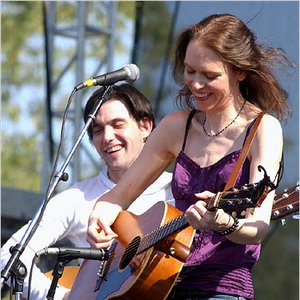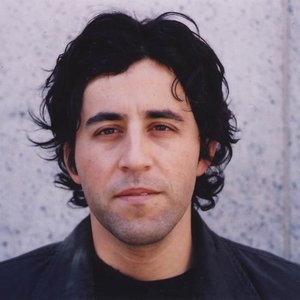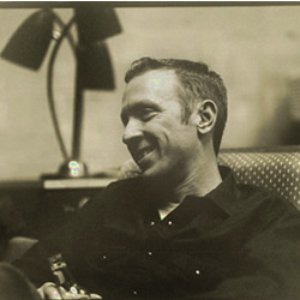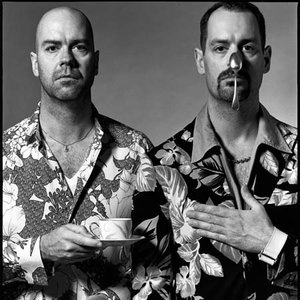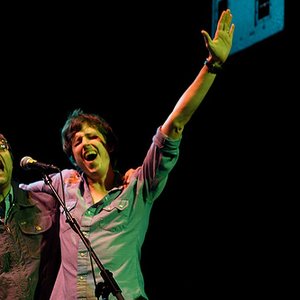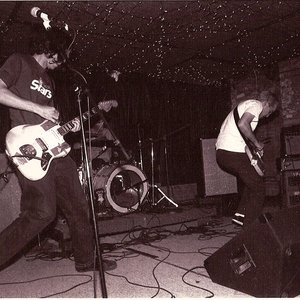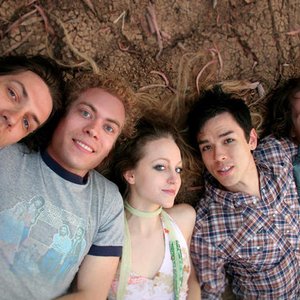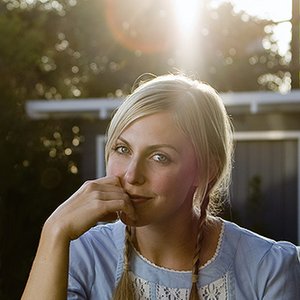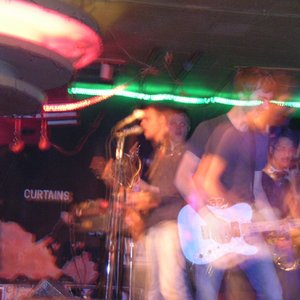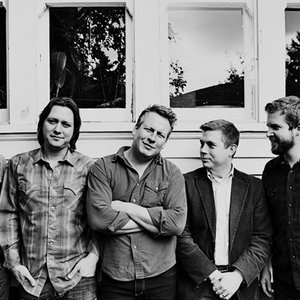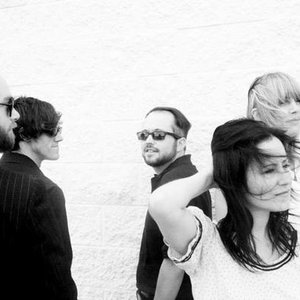Biography
Skating Club is a recording name of American indie musician Aubrey Anderson, currently located in San Francisco, California.
Often an artist compiles an album with the hopes of landing a record deal, hitting the road, and achieving rock and roll greatness. Everyone searches for a unique voice and attempts to exploit it to its fullest. Most songwriters do not happen upon their true sound accidentally, sandwiched between other musicians' recording sessions.
After the collapse of his seminal shoegazer band, Difference Engine, Aubrey Anderson became disillusioned with creating music. Years of early nineties touring with the likes of The Fall and The John Spencer Blues Explosion had come to an end. Having given it a go and accepted this initial defeat, Anderson moved to the other side of the mixing desk and became the one adjusting the faders.
Anderson started a small indie studio in Boston and began recording local groups. A few years passed and he formed a new band, The Westerlies. As fate would have it, the band broke up and once again his focus shifted to the studio.
During off hours in the studio Anderson would mess around with songs that had collected through the years. His music making now was more a personal passion, filling downtime between sessions. These were the reels that could be made and then put on the shelf. This was the music that had been sitting inside Anderson's mind for a long time, but was not going anywhere.
One of Wishing Tree Records' artists was recording with Anderson. While at the studio, Wishing Tree heard some of Anderson's songs. Instantly enamored, they offered to release his music. It was now 2001 and much to Anderson's surprise he had amassed enough material for a full-length.
Up until this point Anderson approached composition collaboratively. This time he worked alone with the studio as his main instrument. He did the majority of the playing and arranging himself. Anderson had accidentally created what was for him his most honest songwriting to date. Now that this collection of songs would be a record, he needed a name.
On the way to the studio he would always drive by "The Skating Club of Boston" in Allston. The studio played an integral role in the creation of Anderson's music. The drive to the studio was just as much a part of the environment as the studio itself. For that reason, the name stuck with him.
Wishing Tree released the first Skating Club album to rave reviews in the press, a gig opening for the Mission of Burma reunion show, and pressure on Anderson to release new material.
He abandoned the 'loner in the studio' approach, which crafted his first record, and rushed out a more collaborative follow-up; going back to the way he made music in the past.
The second album did not do as well as the first. Anderson felt that the music got away from him. It helped to raise the level of Skating Club awareness, but it was a deviation from what made Skating Club special in the first place.
"The Unfound Sound" is back where Anderson wants to be. Whereas Anderson was successful with Difference Engine and his early incarnations of Skating Club, neither were accurate portraits of the songwriter he is. With the exception of one drum track, he completed the entire new record on his own, on his own time, and in his own way.
Skating Club's "The Unfound Sound" is the inner dialogue of Aubrey Anderson, early nineties indie-rock refugee, and the songs that are his true voice.
From www.skatingclub.com
Artist descriptions on Last.fm are editable by everyone. Feel free to contribute!
All user-contributed text on this page is available under the Creative Commons Attribution-ShareAlike License; additional terms may apply.

